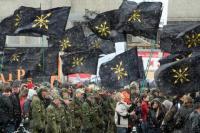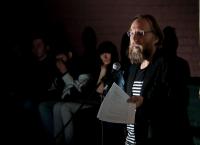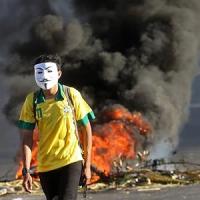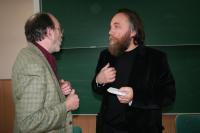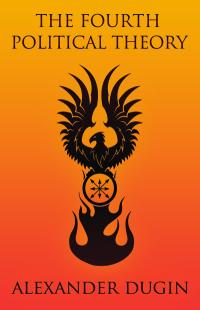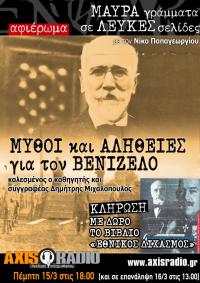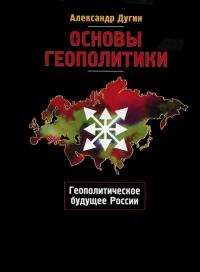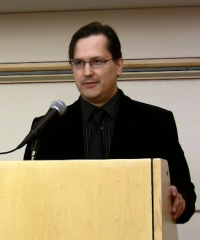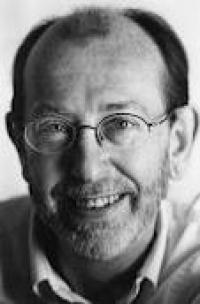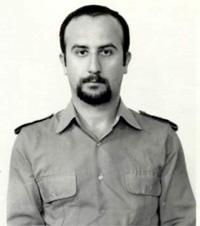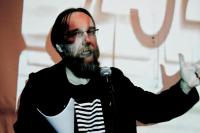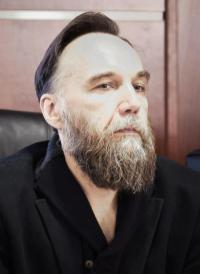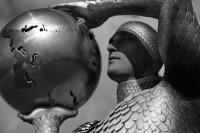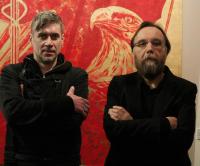The Eurasian Oracle
The Eurasian movement, which seeks to restore Russian power and prestige, is a form of National Bolshevism based on the geopolitical theory that Moscow, Berlin, and Paris form a natural political axis and potential power center. Alexander Dugin, the founder of the Eurasian Party, writes: The new Eurasian empire will be constructed on the basic principle of opposition to the common enemy: Atlanticism and the American New World Order. A multipolar world must replace the current unipolar world currently dominated by the United States.
Much has been written over the past several years about the Russian university professor, Alexander Dugin, who has become a prominent Putin advisor although he has no official government position, nor in fact does he have the academic credentials to head the Sociology Department at Moscow State University. His advisory role as resident intellectual without portfolio appears to be based on his expertise in matters dealing with political philosophies and forms of government. Although the Russian Federation has a Constitution, the Government is quite new and untested in many regards. An intellect like Alexander Dugin could certainly be helpful in advising the President on the fundamental laws and principles that prescribe the nature, function, and limits of both the Russian and foreign governments.

